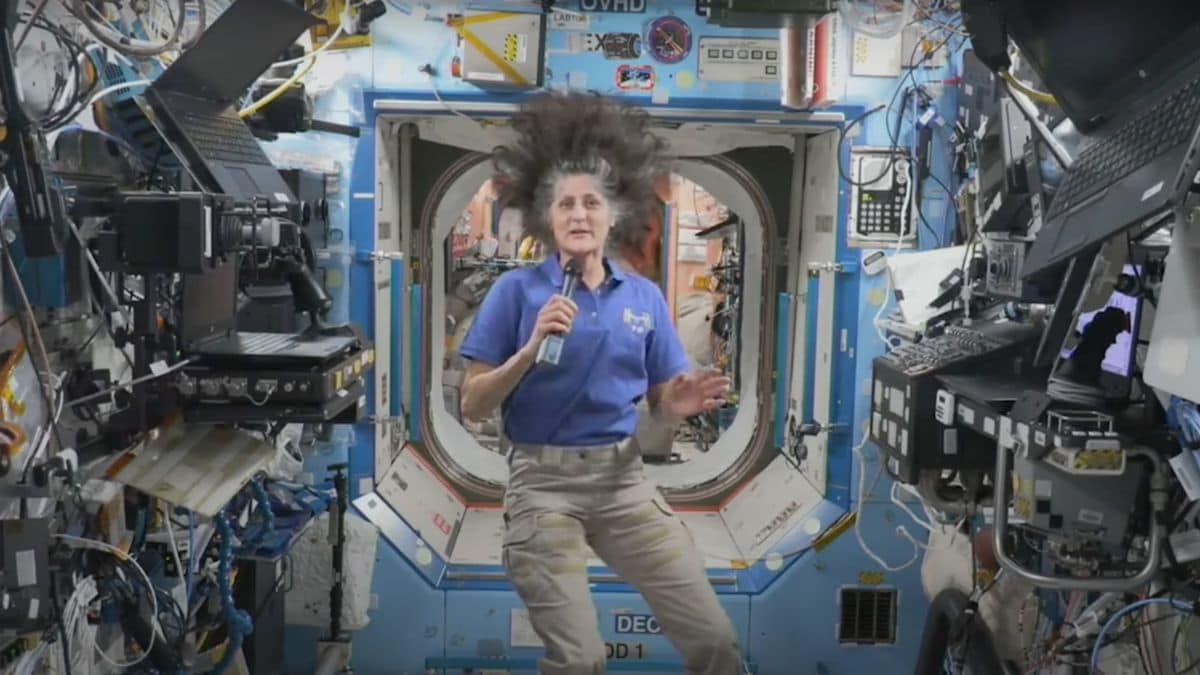NASA astronaut Sunita Williams has recently addressed speculations surrounding her health condition while on the International Space Station (ISS), discarding recent claims made by media outlets regarding her well-being. In response to reports that suggested she appeared “gaunt” due to an extended stay on the ISS, Williams clarified her status during a video interview on November 12, explaining that her weight has remained unchanged since her arrival in orbit.
Routine Exercise and Physical Adaptations
Williams, who commands Expedition 72 aboard the ISS, responded to health concerns publicly, indicating that any changes in her physical appearance are the result of rigorous exercise routines rather than health deterioration. Like all astronauts on extended missions, she has been following an intense workout regimen designed to counteract the muscle and bone density loss commonly associated with prolonged microgravity exposure. Williams stated that her routine includes running on a treadmill, riding an exercise bike and lifting weights. It is a form of exercise that has led to increased muscle mass, particularly in her thighs and glutes, while her overall weight remains consistent.
NASA's Statement on Crew Health
NASA had previously denied the reports, emphasizing that Williams and her fellow crew members, including NASA astronaut Butch Wilmore, are in good health. Williams and Wilmore, who arrived at the ISS on June 6 aboard Boeing's Starliner capsule, were initially scheduled for a ten-day mission under the Crew Flight Test program. Technical issues with Starliner's thrusters led NASA to extend their stay on the ISS until early 2025, when they are expected to return with SpaceX's Crew-9 mission astronauts.
Current ISS Crew Status
The current ISS team, led by Williams, includes three NASA astronauts and three Russian cosmonauts, all working collaboratively despite recent media scrutiny. Williams assured viewers that her health and morale remain robust as the crew carries out essential research and maintenance tasks on the orbiting laboratory showing NASA's confidence in their well-being during extended missions.


